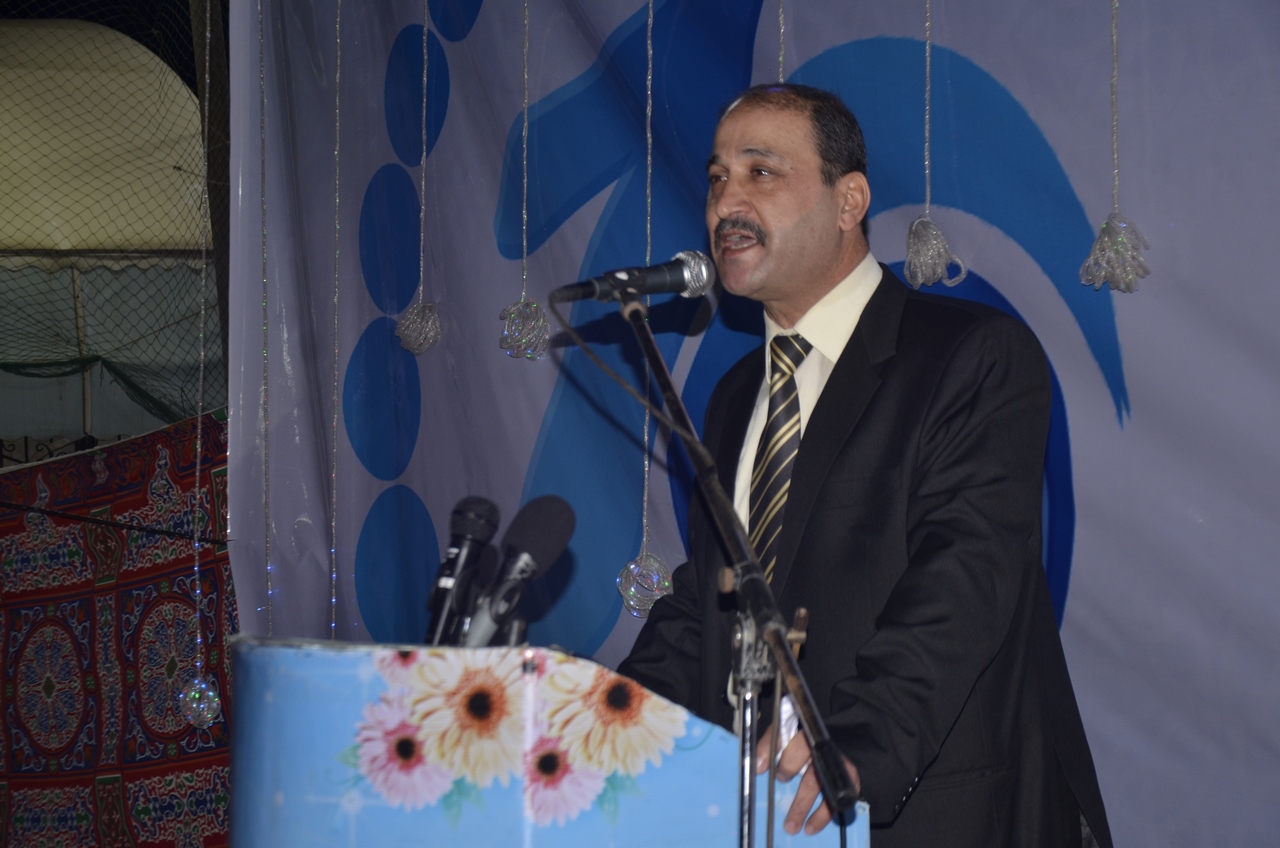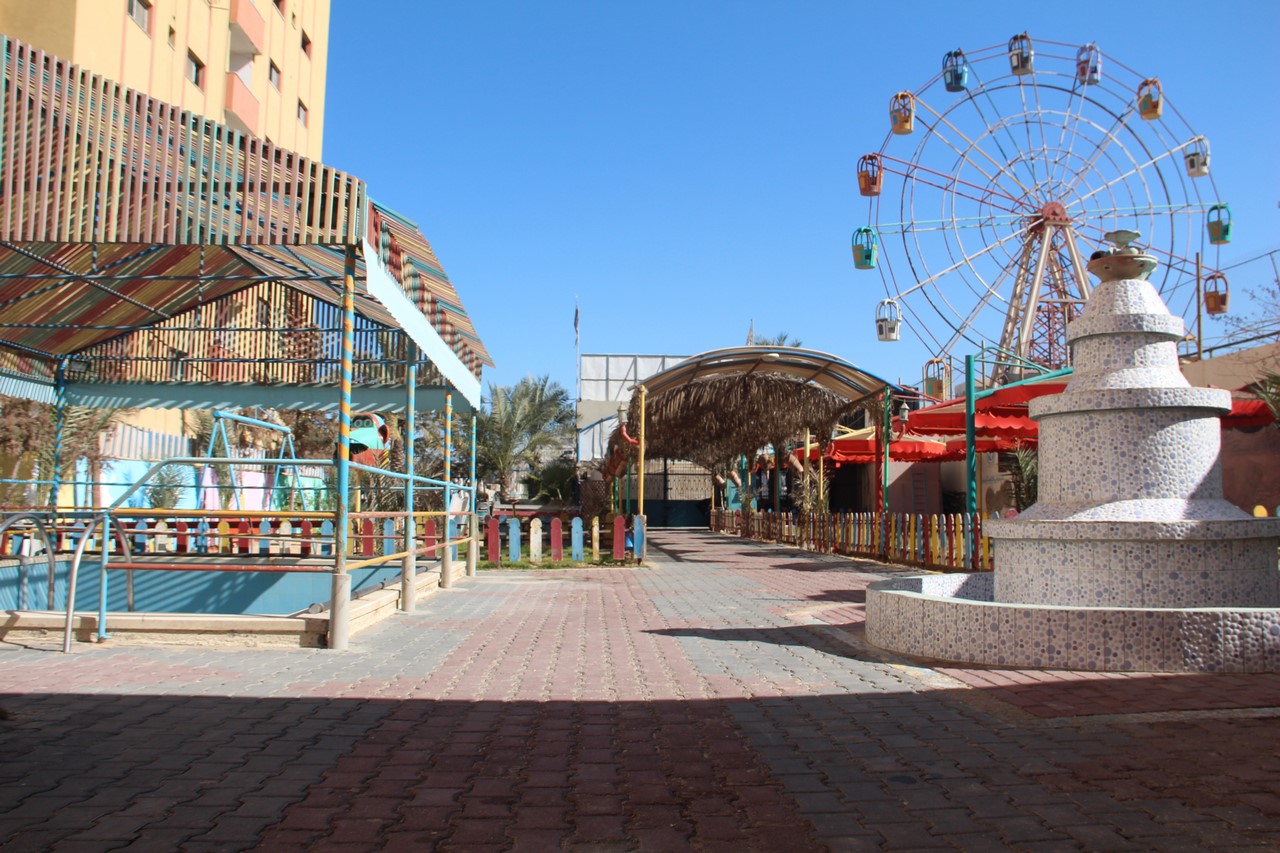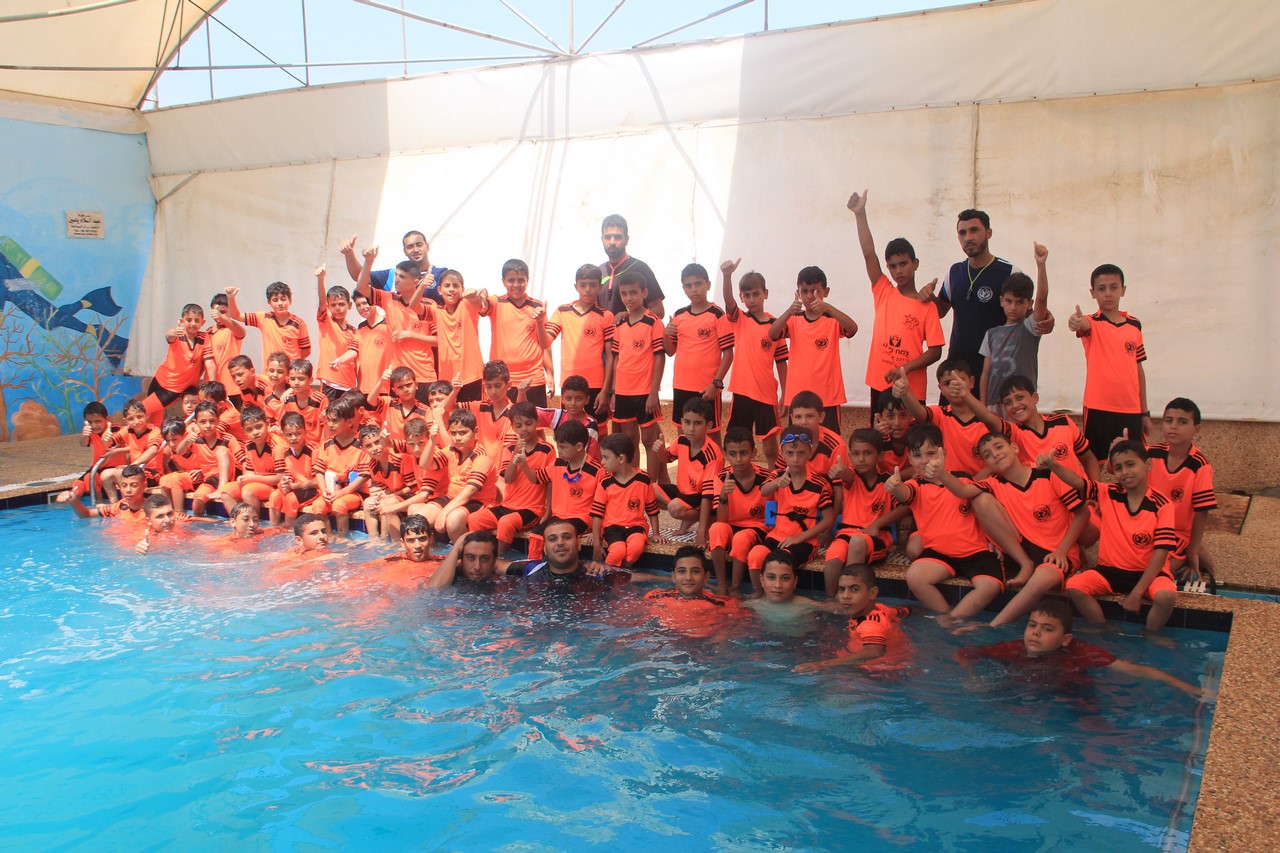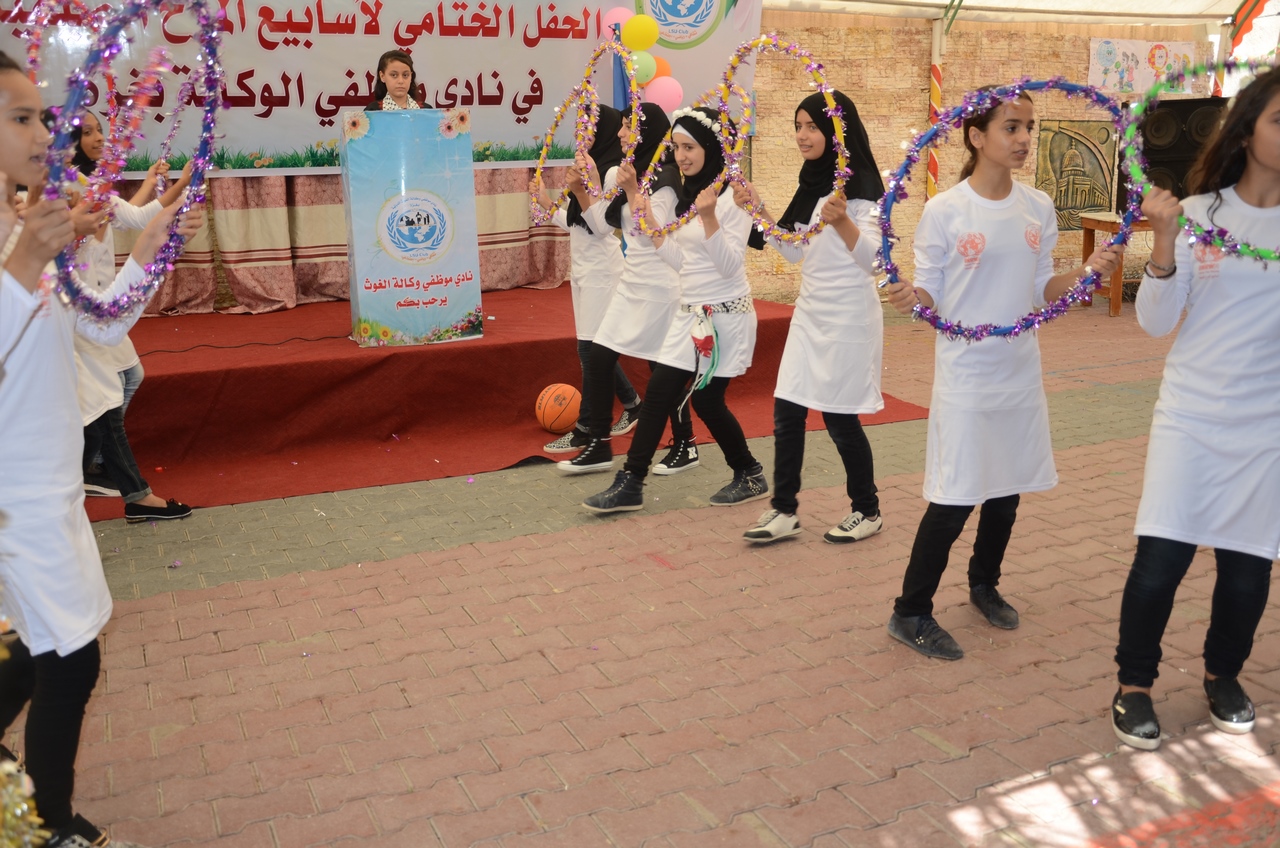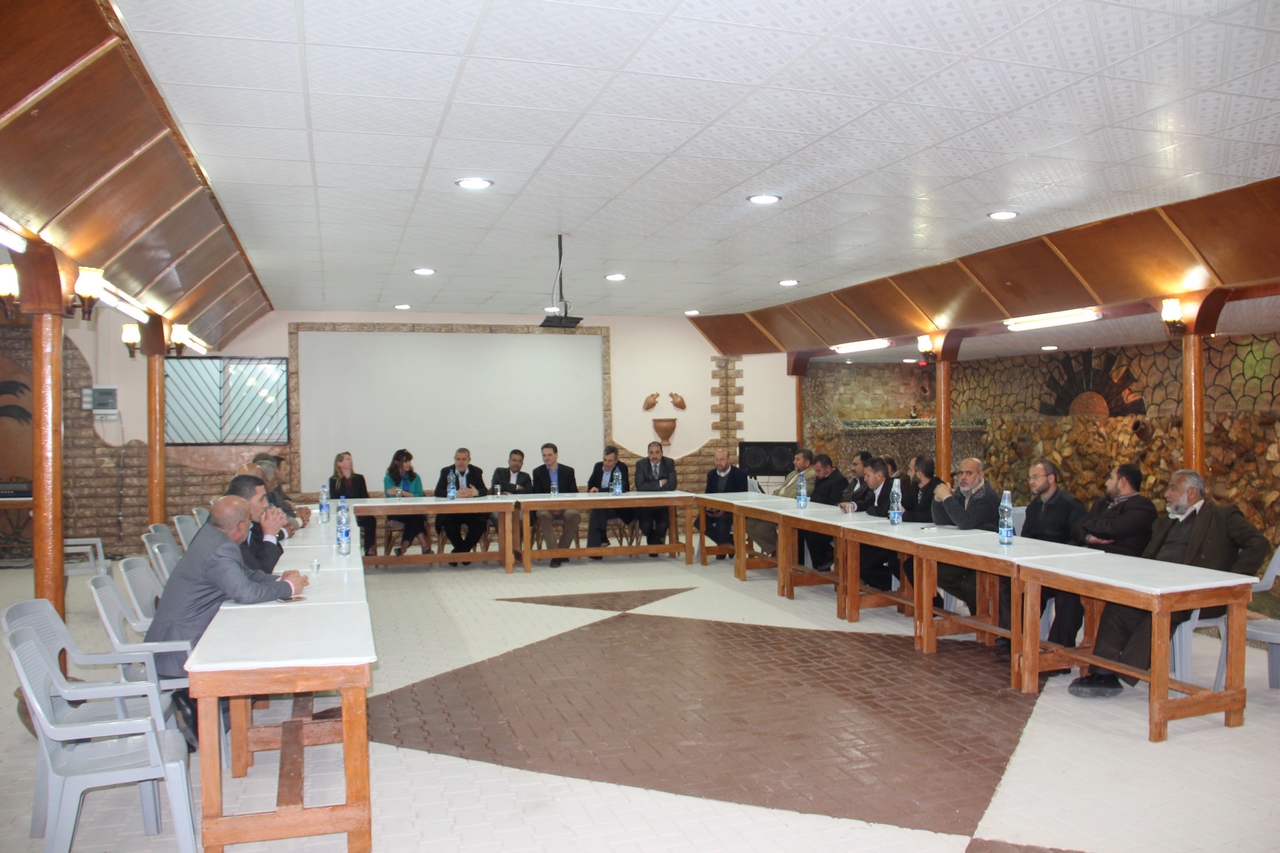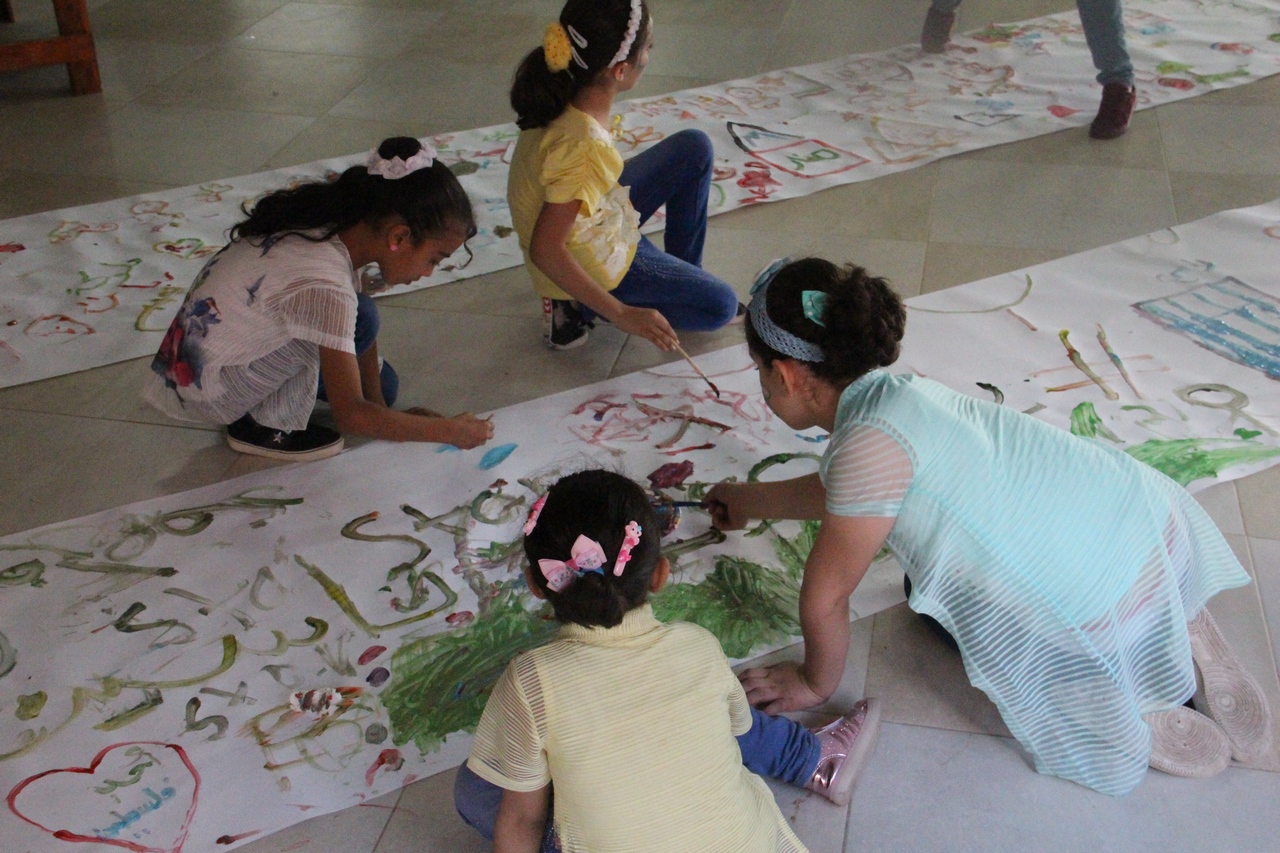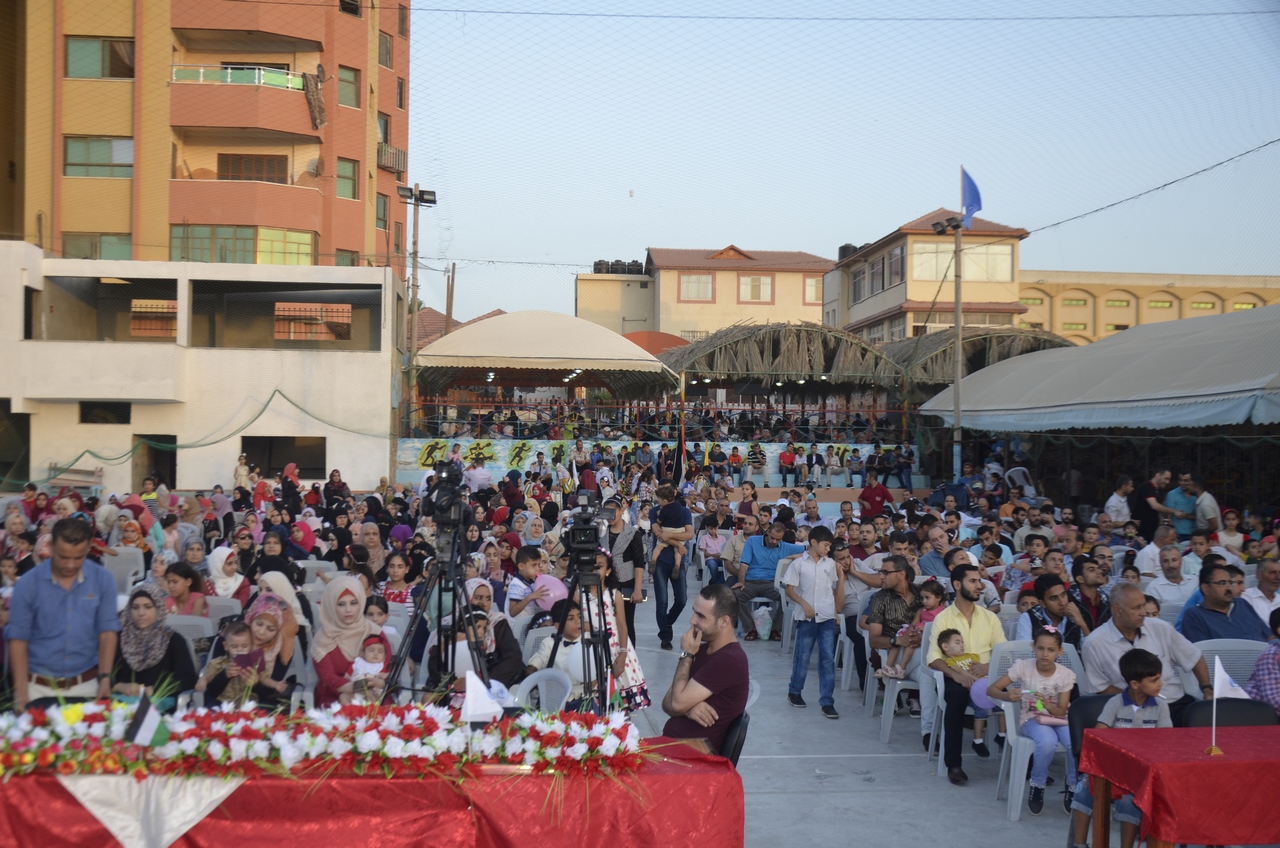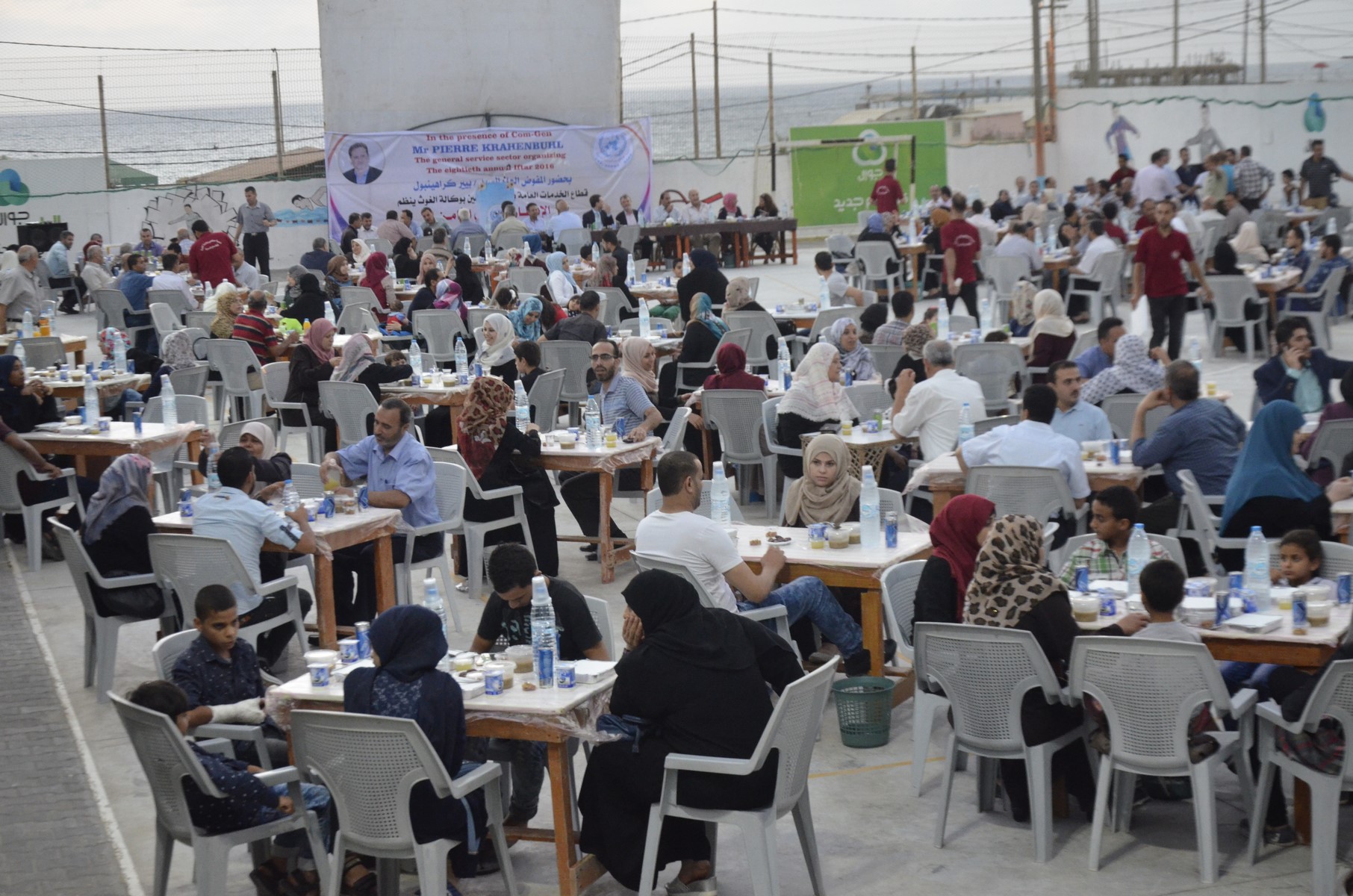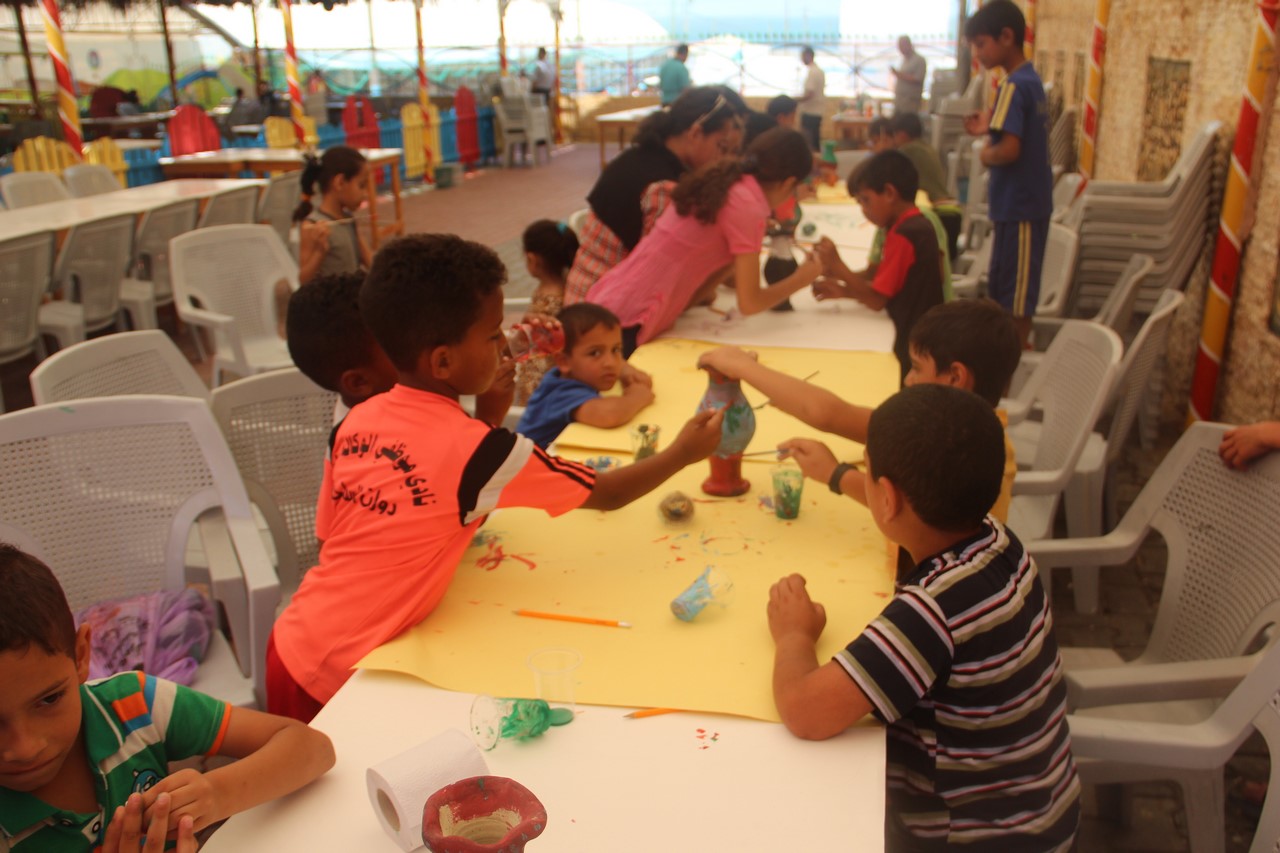Gaza union speaks up for UN employees, sends message to the world
By Basman Derawi, WeAreNotNumbers.org
The Palestinian labor movement has a long history, dating back to the 1920s. It remains strong today, and that includes advocating for the roughly 13,000 Gaza residents who work for the U.N. agency charged with aiding Palestinian refugees (UNRWA). And today, the latter is posing one of the most significant challenges the labor-rights movement in Gaza has faced in its history.
Called the Local Staff Union (LSU), the union representing UNRWA employees has been in operation since 1964 and now is the largest such worker organizations in Gaza.
“This is the biggest challenge we have faced since the creation of UNRWA [in 1949],” says Amir el-Mishal, LSU chair. “First, the agency lost about US$446 million, causing it to stop hiring, terminate many contracts and change others from full to partial. That not only negatively impacted agency employees in Gaza, it also led to a decline in the quantity and quality of services we offer refugees."
But then, even when Pierre Krähenbühl, U.N. Commissioner General, announced that the funding shortfall had dropped to just $21 million, the agency did not restore any of the cuts. “We still wait for them to do so," he says. "The lack of trust between employees and the U.N. right now comes from our loss of job security. We are aware of the attempts by the Trump administration to end our status as refugees, and worry that UNRWA will play into the politics, but I am optimistic that we will be successful in withstanding them. The union has stood against the actions taken by the agency from the beginning and we will continue to pressure the U.N. to end this crisis for people in Gaza."
How the LSU works
The officers of the LSU are elected by all UNRWA non-management employees every three years. Elections are held under the supervision of the U.N., but the union’s goal is clear: to protect the rights of agency employees. LSU’s work is divided into three areas: education, labor rights and services—with the latter including improvements in agency infrastructure, provision of health care to employees, etc. Mishal first joined the union in 2003 and has been elected to officer positions five times—including head of the services section and president of the “club.”
The LSU club in Gaza focuses on offering a gathering place for UN. employees and their families. First opened in 2006, the club organizes social, sport and cultural activities—including soccer games, swimming, karate and iftar meals during Ramadan. Activities are held in four regions of the Strip.
“We created this club because we understand the needs of UNRWA employees and their families,” says Mishal. “There is a need for a safe place for recreation and relaxation. It’s staffed by around 32 employees, and it’s a gathering place for thousands. But when the U.N. cut funding, we were forced to decrease the number of workers in the club to around 16, and their hours and salaries were reduced half (from $300 a month to $150). That also means fewer activities to reduce the stress for agency employees and their families. But we’ve worked hard to keep the club open and the services going.”
Partnering with Rebuilding Alliance
A new activity taken on by the LSU recently is to co-sponsor a campaign to bring more voices of Gaza to the “outside world.” In a campaign using the hashtag #GazaLightMessage (غزة_رسالة_ضوء#), UNRWA employees and others will share photos and messages to the world each Wednesday night via Facebook. The campaign is an extension of the work of the American NGO Rebuilding Alliance to bring light to Gaza and ease conditions there by donating portable solar lamps.
“We extend thanks to Rebuilding Alliance for spotlighting the struggle of the millions of refugees and their right to health, education and life with dignity,” says Mishal. “We hope to reach the American people, who have helped Palestinians for many years. Instead of spending millions of dollars on war, we hope they will persuade their government to spend more on peace and humanity-building instead.”
He adds that his group will spread the call to participate in the campaign to the West Bank, Lebanon, Jordan and Syria. And in Gaza, LSU plans to hold an event for children of employees, who will carry a flashlight to brighten the night and talk about how they feel in a video to be posted on Facebook.
Message to the world
“Our message to the world is that we need them to stand for Palestinians’ rights. The U.N. is a humanitarian agency with a mission of helping us live like any other people around the world with equal rights. We need to keep UNRWA away from political pressure. We ask the world to stand up for that and for the dignity of Palestinian citizens. The overall situation in Gaza is bad; people are about to explode. We can only hope that 2019 will bring better days—with the help of good people around the world.”

